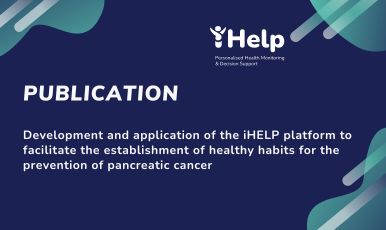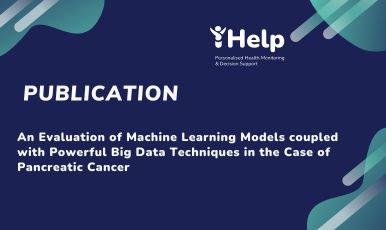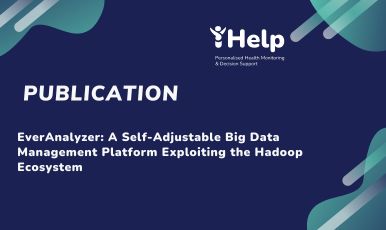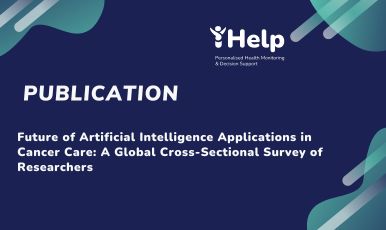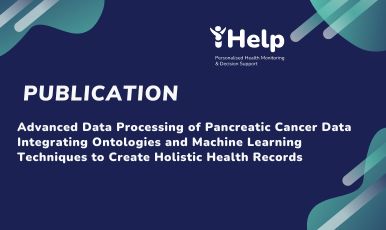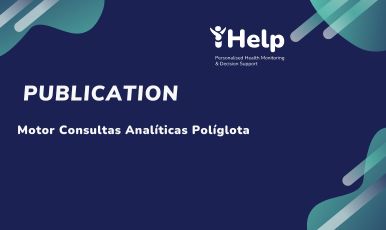SOURCE: 2022 America Association for Cancer Research (AACR) Annual Meeting – Journal; Published: 15 June 2022
Development and application of the iHELP platform to facilitate the establishment of healthy habits for the prevention of pancreatic cancer
Abstract
Background: Pancreatic cancer is the 7 th leading cause of cancer-related mortality and the 12 th most common cancer globally. The survival rate from pancreatic cancer is very poor so prevention and early detection approaches are important. It is estimated that 37% of pancreatic cancer cases can be prevented. Despite advanced knowledge on risk factors, prevention by personalized approach remain to be explored. The iHelp platform is being developed based on combining people’s risk factors and can be used as a tool to help people develop new health habits.
Study aim: To further develop and evaluate the i-Help risk assessment and support platform that utilizes big data management and Artificial Intelligence (AI) approaches to establish person-centric early risk prediction, prevention, and intervention measures.
Study design: The iHelp platform is an AI-based Scalable Big Data Platform which provides the necessary performance and features for the management and analysis of the heterogeneous data. The data source are derived from various sources including patients’ historical medical data as well as self-reported lifestyle habits and behaviors, social media interactions, integrated in the form of a Holistic Health Record (HHRs). Through the utilization of the iHelp platform we are implementing innovative AI algorithms and techniques to accomplish multi-modal causal analysis, real-time anomaly detection to estimate risk prediction, forecasting of risk trajectories, and detection of suggested behavioral changes. AI techniques will draw adaptive learning models that provide the decision support based on the risk predictions as well as personalized prevention and intervention measures. Users of the platform are supported to make appropriate lifestyle changes and monitored by using mobile or wearable devices.
Results: We will present the design of the platform together with feedback from end users on key modules. Ultimately we propose that the outcomes of iHelp components will not only integrate data from multiple sources, but they will also provide informative and motivational individualized pancreatic cancer risk reduction recommendations.

